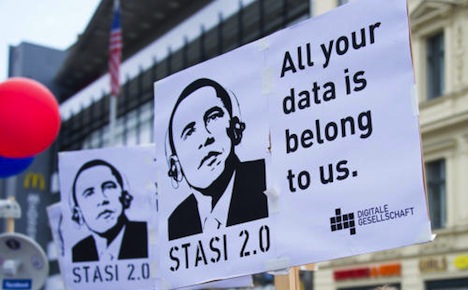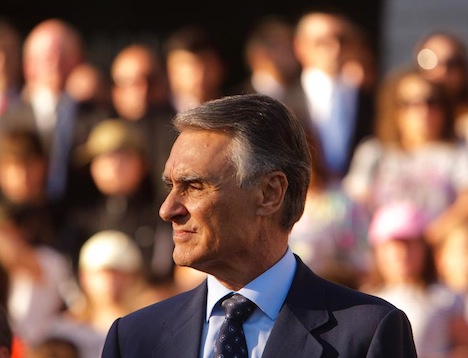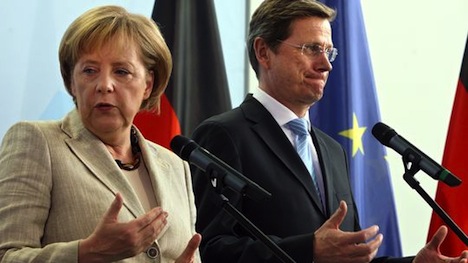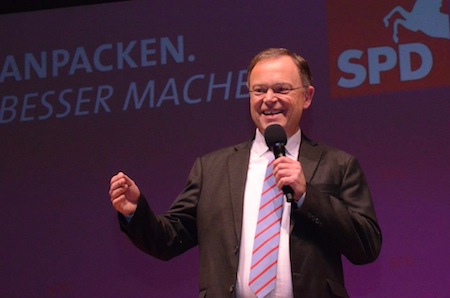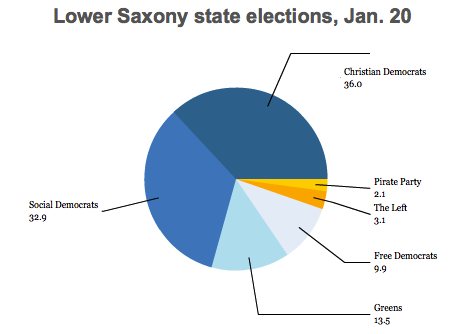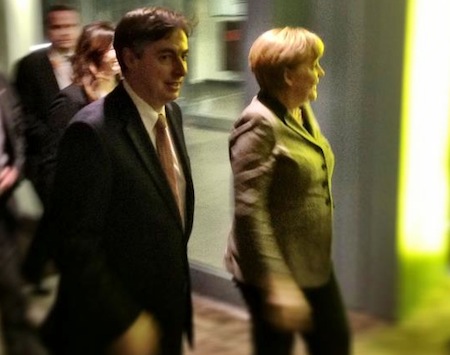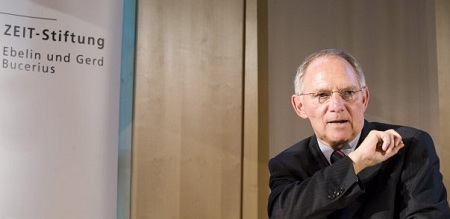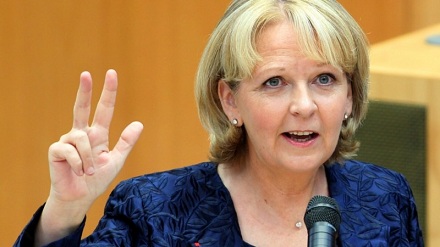Guest post by Mark Dawson and Jacob Krumrey
With German chancellors Angela Merkel’s personal approval rating at 62% and her CDU/CSU leading over the opposition SPD by around 15%, the result of Germany’s upcoming general election seems to be all but a foregone conclusion. In the midst of a flaccid campaign, the U.S. National Security Agency whistleblower Edward Snowden has now not only revealed that Germany is one of the principal targets of the NSA’s internet surveillance operations (‘Prism’) but also accused the German intelligence services, the Bundesnachrichtendienst (BND), of collusion with the NSA – of being ‘in bed’ together. These revelations could potentially stir up an otherwise all too quiet campaign.![]()
The opposition SPD (Sozialdemokratische Partei Deutschlands, Social Democratic Party) are sensing an opportunity to attack Merkel’s integrity and competence, her main assets in the campaign. In a thundering editorial in Germany’s leading tabloid newspaper, Bild, last week, their parliamentary leader, Frank-Walter Steinmeier, demanded answers on the steps Merkel had taken to protect German interests. The chancellor now seems to be facing a dilemma: either she was aware of the extent of data-sharing between the NSA and BND, and therefore lays accused of obfuscation, or was not aware at all – and therefore less competent than her public image suggests. At the very least, the opposition hope to cast Merkel as an unprincipled populist: cozying up to the United States when spying on internet users in Germany and sharing intelligence beneficial to German security, while chastising the very same practice when it is found to be in breach of civil rights.
Merkel’s CDU (Christlich Demokratische Union Deutschlands, Christian Democratic Party) / CSU (Christlich-Soziale Union in Bayern, the Bavarian Christian Social Union) government, meanwhile, are trying to counter the allegations by adopting an assertive posture: Interior Minister Friedrich has travelled to Washington, D.C., to demand answers from the US government. Merkel herself, in a packed press conference on Friday, insisted that, in Germany, German law has to apply unconditionally. At the same time, however, Merkel was forced into delaying tactics. The German weekly Der Spiegel had just published fresh allegations about the extent of collusion between German and American authorities: she would answer questions but only after having received further information from the Americans.
It is too early to gauge definitively the impact of these allegations on the election campaign. So far, however, the SPD have not been able to turn the tide in their favour. The latest ZDF opinion polls show that even though the CDU/CSU have suffered small losses, the SPD remain at a dismal 29%. Only the FDP, traditionally strong on civil rights, have gained: perhaps even enough to clear the five-per cent threshold necessary to allow them to stay in parliament. Ironically, the ‘spy scandal’ – through a reinvigorated FDP – could re-open the prospect of the current CDU/FDP coalition staying in power.
What could explain this paradox? To begin with, the SPD face a credibility problem of their own. As the government have been quick to point out, cooperation between U.S. and German authorities on intelligence is long-standing. Steinmeier himself was responsible for Germany’s intelligence services during the previous ‘grand coalition’ government, during which many of the programmes now being investigated were launched. When it comes to privacy, moreover, German votes usually credit niche parties such as Die Grünen (The Greens) or the libertarian FDP (Freie Demokratische Partei, Free Democratic Party). More important perhaps, German voters show little appetite for a polarized campaign in the first place. Asked in a recent ZDF poll about their desired coalition, a majority of Germans said they would like to see a grand coalition of the two main contenders.
Beyond campaign politics, the larger question is about the attitude of Germans towards privacy – supposedly the source of a transatlantic conflict of values. The same ZDF poll suggested that a vast majority of Germans find the charges of collusion credible: 79% believe that Merkel’s government were aware of the NSA’s activities in Germany. At the same time, in a different poll, only 5% argued that the issue would have a significant impact on their voting intentions. The party with the strongest stance on data protection, Die Piraten (the Pirate Party), has struggled to even register in current polling in spite of the prominence of privacy on the campaign trail. The lesson may well be that German voters care about privacy in theory but are, in practice, unwilling to make it a make-or-break issue.
Mark Dawson is a professor of European law and governance at the Hertie School of Governance in Berlin and Jacob Krumrey is a graduate of the European University Institute.
* * * *
A version of this piece was published at the Hertie School’s blog on Germany’s upcoming September 22 elections.
Read more of Suffragio‘s coverage on Germany here.
